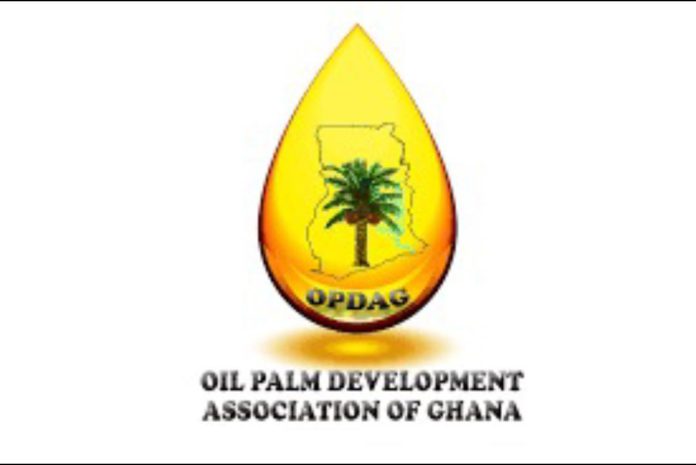The Oil Palm Development Association of Ghana (OPDAG) has called on the government to, as a matter of urgency, exempt them from the 50% benchmark reduction policy.
They also called on the government to “immediately and speedily reconsider its decision to indefinitely suspend the implementation of the review of the 50% benchmark reduction policy.”
Their plea follows the indefinite suspension of the reversal of benchmark value announced by the government on Thursday, January 13.
The government directed the Ghana Revenue Authority to suspend the 50% review to enable further engagements with all relevant stakeholders.
While some stakeholders have welcomed the arrangement, OPDAG said they find the indication of the government for more stakeholder engagement very worrying and intriguing.
The reason being that deliberations with stakeholders in the last two years have not yielded any positive result.
In a press briefing stating their stance, executives of OPDAG disclosed that the local processing capacity of oil palm products has always outweighed local demand by 100%, and as such, their exports outweigh imports.
They argued that the 50% benchmark reduction policy will increase importation, for which they would be kicked out of business. OPDAG also stated that they face reduction of employee numbers due to low productivity occasioned by the influx of cheap imported finished oil palm products.
This, they say, has begun manifesting as two major oil refineries, Wilmar Africa and Avnash have shut down refineries over low demand.
“Closures are imminent in a few months from now if the situation of a takeover by imports remains the same. We are sad to inform you that the two major oil refineries – Wilmar Africa and Avnash Industries – have currently shut down their refineries due to low demand.
“In a matter of weeks, the impact of this situation will hit our member companies in the plantation and oil mill subsector of the chain. It is important to note that these large refineries have only survived the past two years due to exports opportunities they developed within the ECOWAS region.
“These opportunities, however, are all lost now as these destination countries have also taken steps to empower local production of oil palm products to create jobs and reduce imports to save their economies,” they added.

